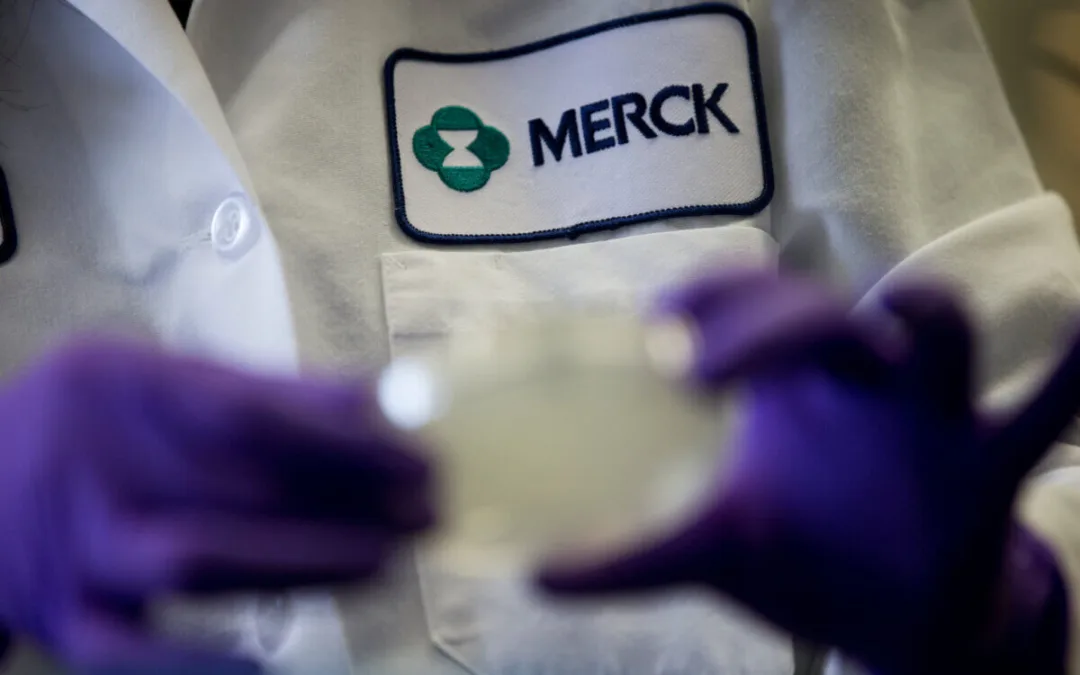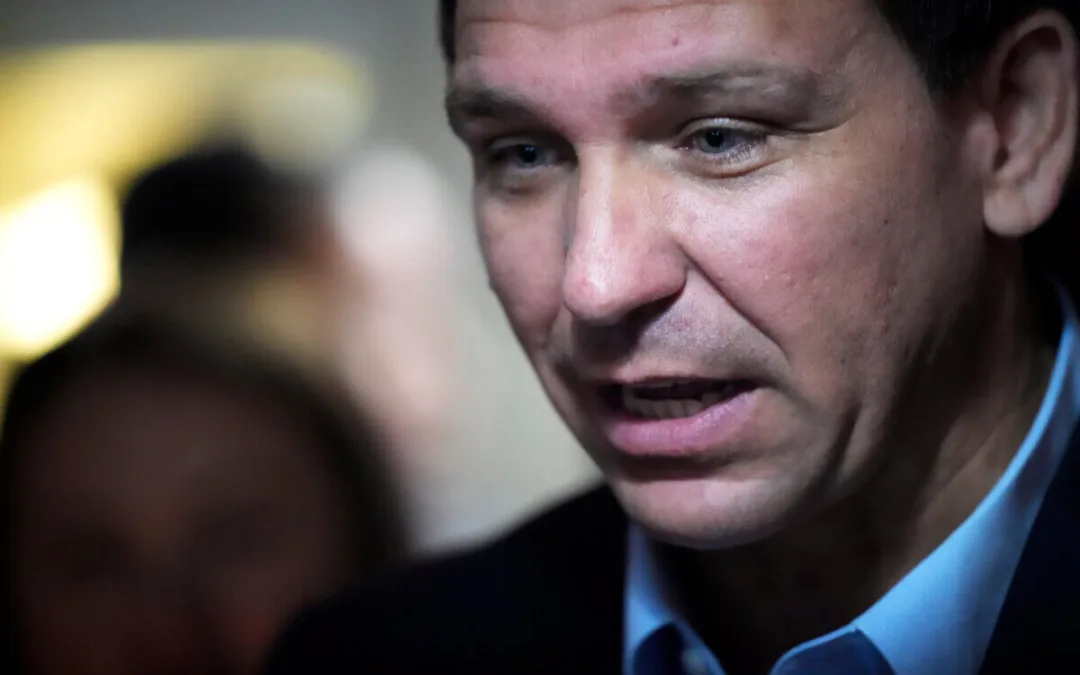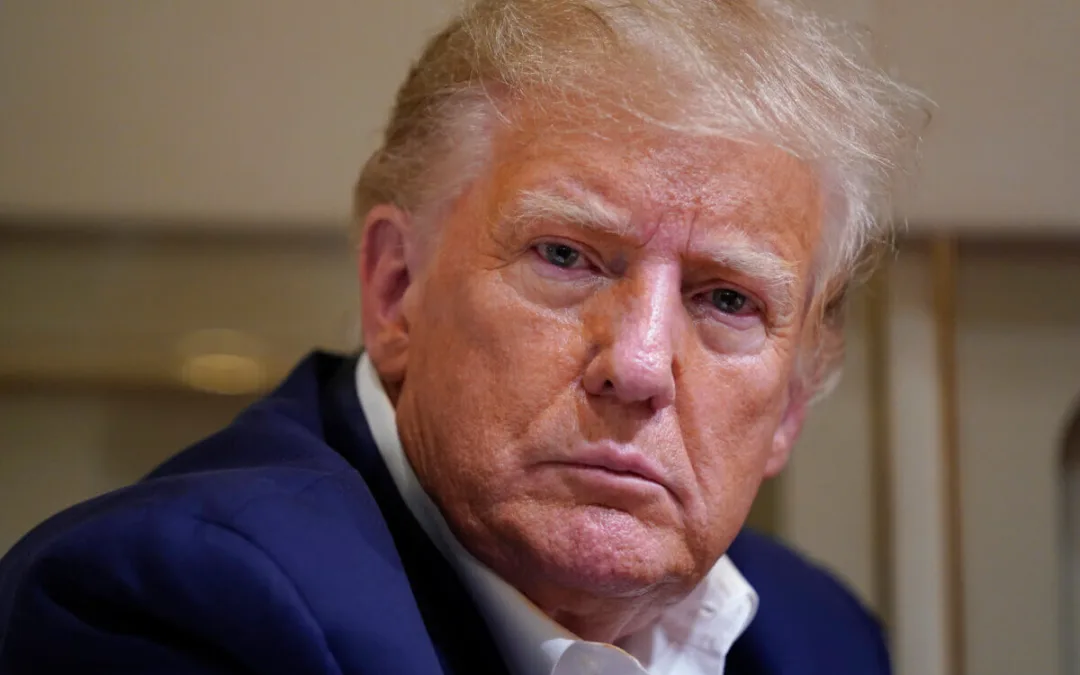
Image via Shutterstock
Three days after the president defended his handling of the COVID-19 pandemic, the White House announced that Trump had contracted the disease he claimed to have under control.
On Oct. 2, thirty-one days before the Nov. 3 general election, the White House announced that President Donald Trump and First Lady Melania Trump had tested positive for COVID-19.
This news comes after months of the president downplaying the gravity of the health crisis that so far has impacted more than 7 million in the US and claimed more than 205,000 lives, a death rate that surpasses that of any other country.
RELATED: Debate Check: How Trump Lied About Health Care, COVID-19, Election Fraud, and the Economy
Claimed “It Will “Disappear”
During the growing pandemic, the president consistently downplayed the virus, ignored medical experts and even members of his own administration, allowing the virus to spread unchecked. Trump even told the country that one day the virus would just “disappear” like “a miracle.”
Even as late as Sept. 21, during a campaign speech in Ohio, Trump claimed, without evidence and against all medical belief, that the virus “affects virtually nobody.” According to Trump, only the elderly were affected, despite the fact that children and young people contract the illness. According to an American Academy of Pediatrics report, for example, as of Sept. 3, 513,415 children in the United States had been diagnosed with COVID-19.
A Disregard for Public Safety
Throughout the raging pandemic, and as the cases spiked around the country, Trump continued to hold massive in-person rallies. During the first presidential debate, three days before his positive status was announced, Trump mocked Democratic presidential nominee Joe Biden for holding virtual rallies and for wearing “the biggest mask I’ve ever seen.”
The Florida Impact
Influenced by the president’s public stance on the issue, many Republican leaders around the country followed Trump’s lead in downplaying the severity of the crisis.
Florida Gov. Ron DeSantis, one of Trump’s staunchest allies, consistently ignored warnings from health officials and pushed for reopening the state, despite Florida’s status as a major novel coronavirus hot spot, behind Texas and California.
In September, DeSantis issued an executive order lifting restrictions on restaurants across Florida as he pushed the state into Phase 3 of reopening, including areas that continue to report high coronavirus rates. And Miami, one of the state’s epicenters of the pandemic, will open some schools two weeks earlier than planned after being pressured by the governor. At the same time, the DeSantis administration is still not releasing school-level coronavirus infection rates, and has pressured some counties to follow suit.
Growing Uncertainty
President Donald Trump will spend a “few days” at a military hospital after contracting COVID-19, the White House said Friday. Trump remains “fatigued” and has been injected with an experimental antibody cocktail for the virus that has killed more than 205,000 Americans and spread to the highest reaches of the US government, according to Associated Press.
At this time, the president’s health crisis is raising questions about the upcoming elections.
Boston University associate professor and presidential historian Thomas Whalen told NBC10 Boston that if Trump’s condition worsens, the 25th Amendment could be invoked and Vice President Mike Pence could end up as acting president.
He also warned about the country’s national security, adding that the Trump administration needs to communicate to the world that “our national security apparatus is coordinated.'”
READ MORE: Everything You Need to Know to Vote in Florida
Politics

Teamsters and UPS Reach Tentative Deal to Avoid Strike, 340,000 Workers to Get Raises
The tentative deal represents a huge win for full- and part-time UPS Teamster workers, who would get significant pay raises and better working...



One Republican Senator Is Blocking 265 Military Promotions, Leaving the Marines Without a Confirmed Leader
Sen. Tommy Tuberville's decision means these military officers are not getting the pay raises they’re owed, cannot move their families to wherever...
Local News



Teamsters and UPS Reach Tentative Deal to Avoid Strike, 340,000 Workers to Get Raises
The tentative deal represents a huge win for full- and part-time UPS Teamster workers, who would get significant pay raises and better working...



One Republican Senator Is Blocking 265 Military Promotions, Leaving the Marines Without a Confirmed Leader
Sen. Tommy Tuberville's decision means these military officers are not getting the pay raises they’re owed, cannot move their families to wherever...




